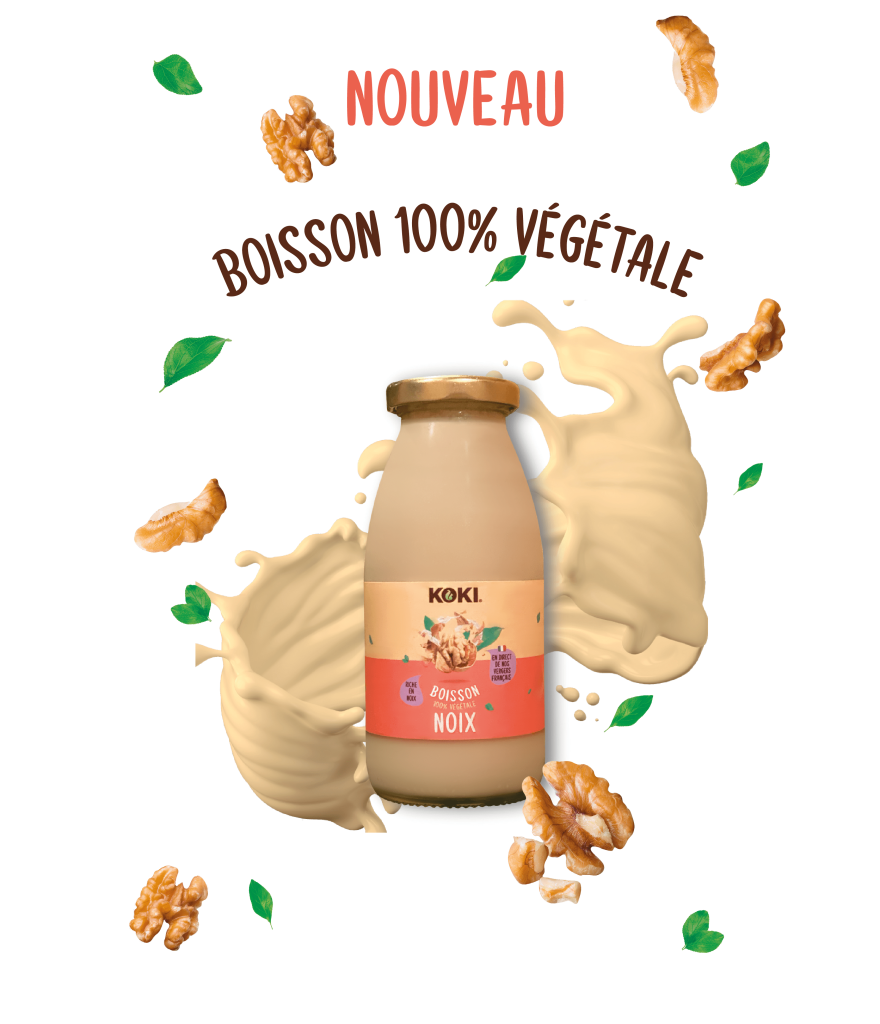In the food industry, misshapen fruits and vegetables rejected because of their cosmetic imperfections can add up to 40% of total food waste (De Hooge et al., 20181), while representing an adverse income deficit for producers. The new Koki walnut beverage has attempted to address this issue at the local scale and represents the combination of Koki’s expertise in nuts production and Agrotec’s knowledge in food transformation process.


It emerged from an innovative strategy of diversification following the increase in domestic demand for vegetable beverages: Koki walnut beverage therefore allows for an increase of income for nut producers, while reducing the quantity of perfectly suitable and tasty fruits that were previously left over due to cosmetic imperfection.
One of our central goals was to come up with a product that would be 100% made in France from our local production with as few additives as possible. As a result, our final product contains a high fruit content and a low sugar-composition (2%), which perfectly balances the bitterness of the walnut, making our beverage a suitable candidate for drinking or cooking. Finally, its excellent daily nutritional value is naturally rich in omega 3 and 6 and offers an energy value of 100 kcal/100 ml.
The process used for transformation involves the hydration and maceration of the kernels, filtration, and homogenization before the final packaging of the product in 25 cl bottles and sterilization. It was introduced in the market in September 2022 to provide for the need of France’s increasing vegetable beverage market and to offer a much-needed alternative to dairy milk. Koki’s commitment to both the ecological transition and decarbonization is visible throughout its production processes: The production of the beverage is local and contributes to reducing food waste.

1de Hooge, I. E., van Dulm, E., & van Trijp, H. C. (2018). Cosmetic specifications in the food waste issue: Supply chain considerations and practices concerning suboptimal food products. Journal of Cleaner Production, 183, 698-709.



